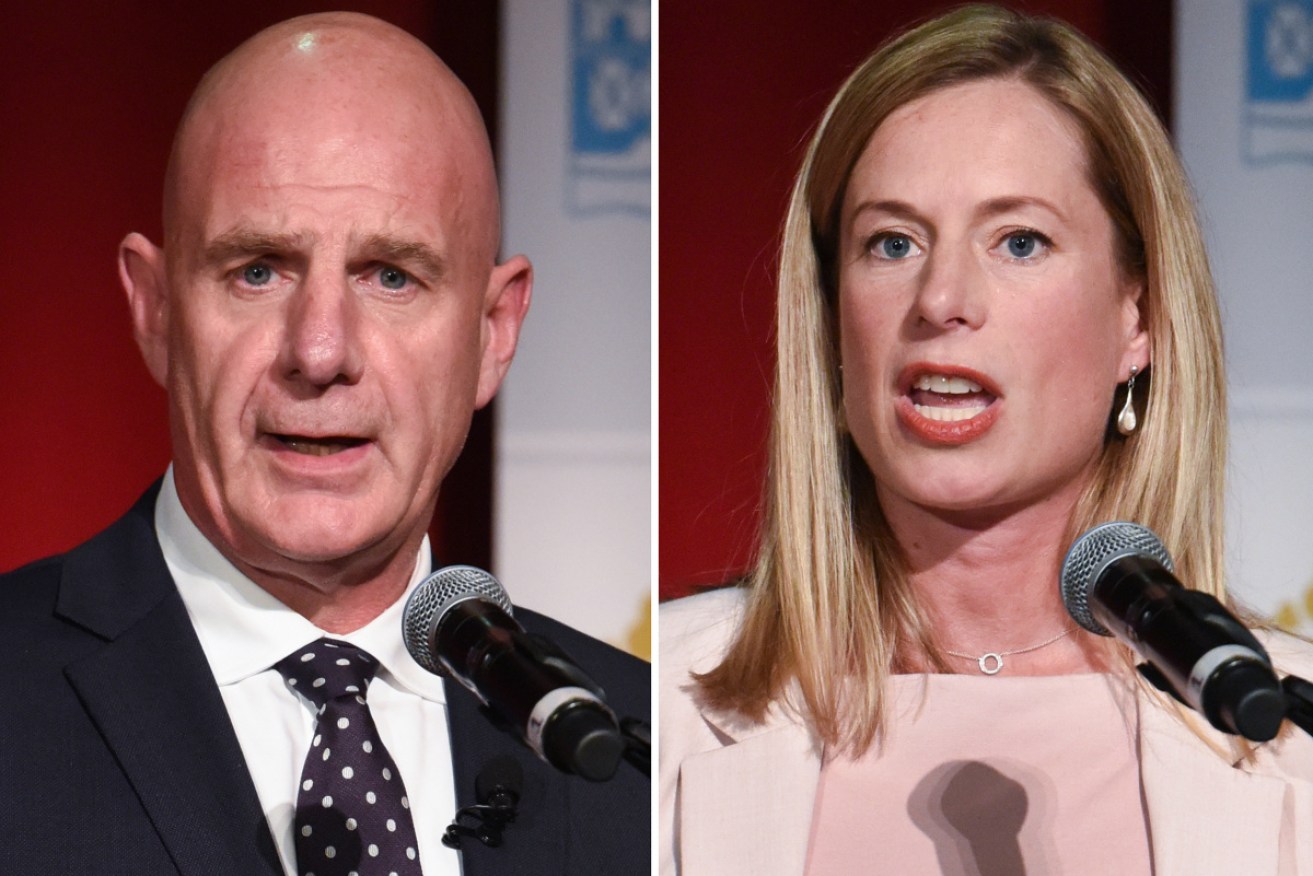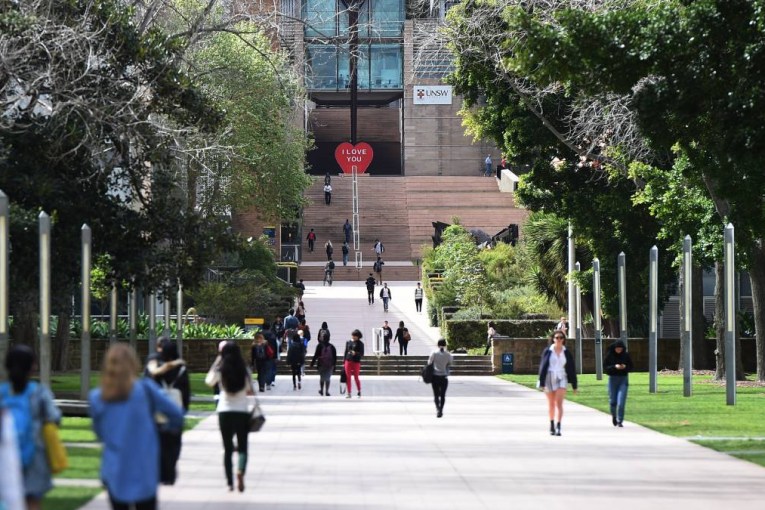Housing, hospitals and jobs: The key issues that could decide the Tasmanian election


Current Premier Peter Gutwein and Labor's Rebecca White take their parties to the polls this weekend. Photo: AAP
Curing Tasmania’s crook health system and putting the economy back on track will be the issues that win votes at the state election this Saturday.
And unlike Labor’s landslide win in Western Australia, this election will be near impossible to call early.
The difference between a landslide win and a hung Parliament is just a handful of Tasmania’s 25 seats.
Each of the major parties would need to gain seats at this election to secure a majority government.
Premier Peter Gutwein needs at least one more seat to retain his incumbent Liberal government, while Labor leader Rebecca White needs four.
So what are the key issues?
It used to be the pokies.
Now, it’s Labor pushing for better health care and affordable housing, while the Liberals promise a strong economic recovery.
Economic recovery
Under Mr Gutwein’s government, Tasmanians have been able to enjoy life with few coronavirus restrictions, thanks to a series of strict rules and snap border closures.
During campaigning, the Premier has attempted to ride on the coattails of his success, vowing to keep rebuilding the state’s economy if his party forms government.
On Tuesday, he announced a new $700 million hydro-electric power station if re-elected, provided the Morrison government chips in $65 million.
Plans involve doubling the capacity of the Tarraleah station in the Central Highlands to 220 megawatts, with construction expected to create 250 jobs at its peak.
Speaking at the Liberal Party campaign launch in Rokeby, Mr Gutwein said: “Confidence is high, our economy is booming and record numbers of Tasmanians are back into work.”
In an unusual twist, it’s possible the Tasmanian government has done such a good job of keeping COVID-19 out of the state, that many voters no longer consider it a major threat.
Tasmanian political analyst Dr Kevin Bonham told The New Daily the coronavirus has “largely gone into the background”.
“There’s not been very much focus on it during the campaign,” he said.
Under-staffed hospitals
The loss of urgency around COVID doesn’t mean health has been forgotten as an election priority.
Quite the opposite.
For years, Tasmania has suffered an ailing and under-resourced healthcare system – a major issue that Labor is promising to fix.
The state’s major hospital, the Royal Hobart Hospital, has been operating at its highest escalation level, with reports of overworked staff and understaffed wards.
“For seven years the Liberals have failed to deliver better outcomes for both patients and staff,” Opposition Leader Rebecca White said.
Australian Nursing and Midwifery Federation State Secretary Emily Shepherd told the ABC staff were at times working up to 18 to 19 hours straight.
In the final leg of campaigning, Labor has pledged to employ more midwives and specialist doctors to deliver maternity services at the north-west Mersey Community Hospital.
It has also promised $5 million towards a 10-bed dedicated hospice at the Launceston General Hospital.
Mr Gutwein said his government had employed more than 1500 full-time-equivalent health staff over the past seven years.
Housing crisis
Another perennial issue in Tasmania is the state’s rental market squeeze, exacerbated by a boom in the value of real estate combined with home owners renting out their properties on short-stay accommodation sites like AirBnB rather than having long-term tenants.
“It’s another big issue that disappeared during COVID and is now blowing up again,” Dr Bonham said.
“It gets talked about a lot, but it’s hard to say if it will affect anyone’s vote.
“Low-income residents are generally not going to vote Liberal anyway, so it’s questionable whether it’s going to swing voting intention.”
All bets are off
Successful handling of the coronavirus pandemic has seen four state and territory governments re-elected in the past year.
But in the case of Tasmania, anything can happen – though voters will almost certainly deliver a majority government.
“A lot of Tasmanian voters don’t like minority governments,” Dr Bonham said.
“A party that thinks it will win a majority will often push particularly hard for that.”
Under Tasmania’s Hare-Clark voting system, the state uses the same five electorates for federal and state elections.
At state elections, five members are elected per electorate using the Hare-Clark system, for a total of 25 lower house members.
This means elections are almost always tight.
“You could conceivably see anything from the government increasing its majority, through to the government losing its majority,” Dr Bonham said.
“There’s a very wide range of outcomes you can’t rule out.”







